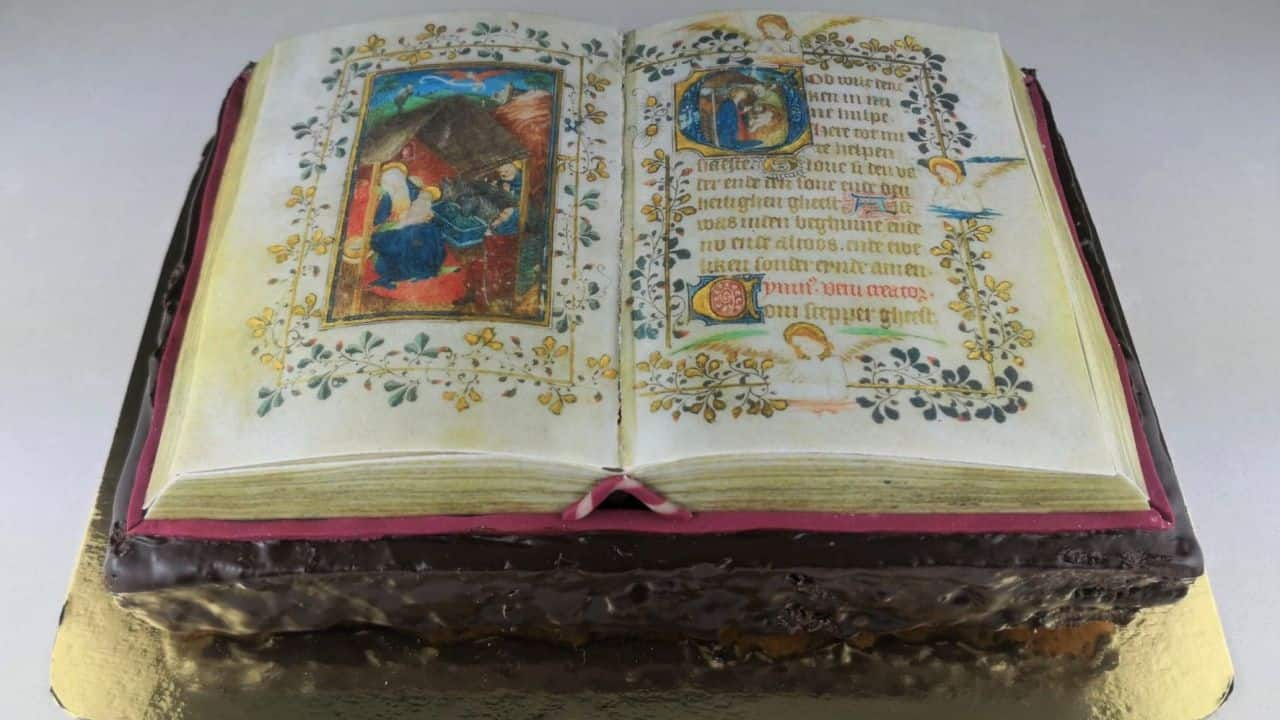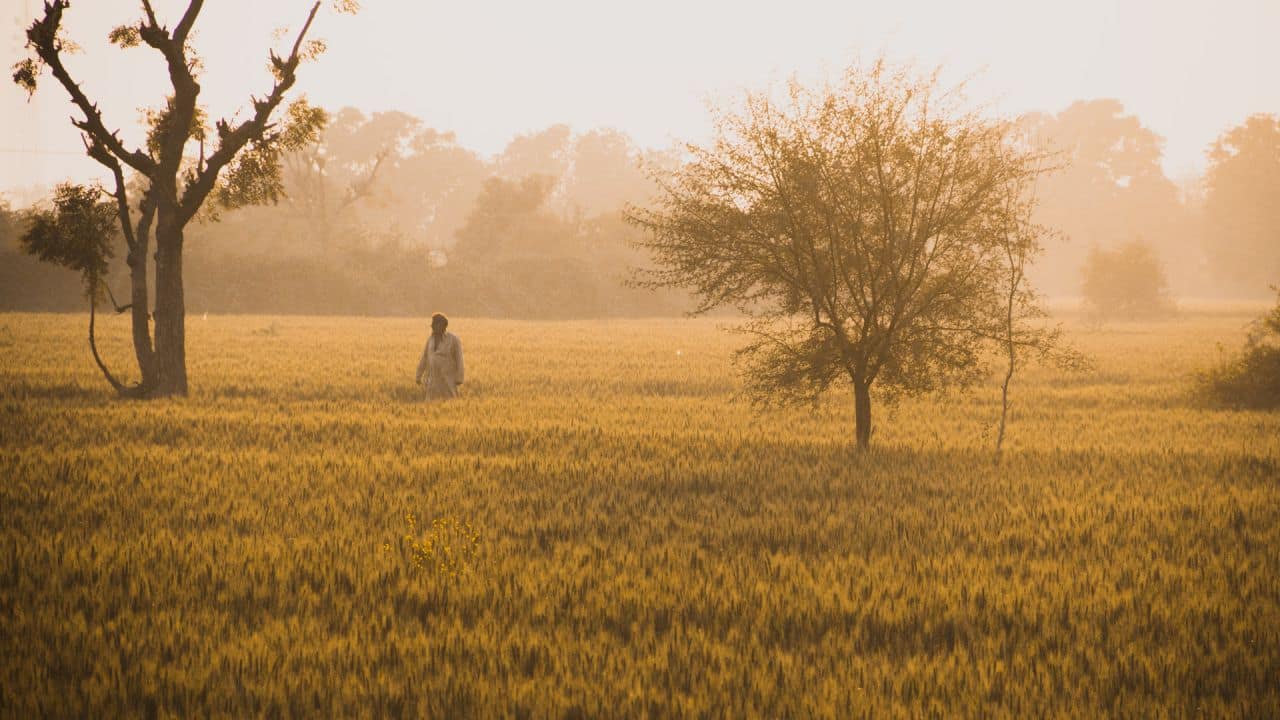
TRENDS
Reviewing, revisiting, and rewriting history
On the 60th anniversary of E.H. Carr’s 'What is History?' a new volume of essays stresses the importance of questioning attitudes, revising assumptions, and filling in the gaps.

TRENDS
The new Asterix adventure lacks magic
Despite some high jinks, a new volume featuring the intrepid Gauls does little to counter the impression that the later works are running out of steam.

TRENDS
Digging in George Orwell’s garden
Rebecca Solnit’s 'Orwell’s Roses' is a fascinating series of forays into another side of the work of George Orwell (the writer of 'Nineteen Eighty-Four') and its relationship with the world.

TRENDS
When words make music in books
Clarity and readability are important in fiction, but there’s a great deal of pleasure in reading the work of writers whose sentences depend on music and rhythm.

TRENDS
Has travel writing reached the end of the road?
In his new book, Tim Hannigan journeys to meet other travel writers and asks them about the past, present, and future of the genre.

TRENDS
Tales of bookshops in two cities
A memoir of bookselling in Cairo and a novel on the life of a bookseller in Algiers show the importance of bookshops and how they reflect changes in the outside world.

TRENDS
Graham Greene’s Squid Game
In one of the author’s last novels, a misanthropic billionaire throws dinner parties in which he humiliates his guests and puts them in danger to win cash and prizes.

TRENDS
Walking on the heroine’s journey
Maria Tatar’s 'The Heroine with 1001 Faces' investigates how women have been treated in myth and folklore, and how these stories are now being retold.

TRENDS
Extraordinary stories of ordinary lives
Sonal Kohli’s debut short story collection spans three decades in the lives of members of a family that has settled in New Delhi after Partition.

TRENDS
What writers write about when they write about writers
There have been novels about the literary life for years. In recent times, quite a few use the subject to explore issues of identity and appropriation.

TRENDS
How fiction writers from the Indian subcontinent responded to 9/11
Twenty years later, the shadow of September 11, 2001 still looms large. In their novels, writers from the subcontinent often present a perspective different from their Western counterparts.

TRENDS
Novels that make fun of the rich
The rich are different from you and me, said F. Scott Fitzgerald. Many writers over the decades have written novels that satirise such differences.
TRENDS
Books | What lighthouses throw light on
In Emma Stonex’s 'The Lamplighters' and Karen Jennings’s Booker-longlisted 'An Island', lighthouses and those who inhabit them show how we come together and grow apart.

TRENDS
How democracy is about losing and uncertainty
In his new book, Princeton professor Jan-Werner Müller explores the characteristics of a healthy democracy, and what can be done to protect them.

TRENDS
What book cakes, book sculptures, and online images of books reveal
The fingerprints of the physical book are everywhere in our digital world, writes literary scholar Jessica Pressman.

TRENDS
Tokyo Olympics 2020 | Views of Japan, and its impact on the world
With the 2020 Tokyo Olympics coming to an end, a look at two new books on Japan’s influence and the ways in which we react to it.

TRENDS
Family sagas intertwine in Sunjeev Sahota’s Booker-longlisted 'China Room'
The author’s third novel tells the stories of a young woman in 1920s Punjab, and of her great-grandson who arrives from Britain.

TRENDS
Spy fiction has been warning us about Pegasus for years
For some time now, espionage novels and other thrillers have featured phone hacking and other digital dirty tricks.

TRENDS
Natasha Brown’s 'Assembly': a small shockwave of a novel
This short, powerful debut explores the world of a character facing issues of race and class in Britain today.

TRENDS
Does reading fiction make you a better person?
Several studies have shown that reading novels and short stories makes people more empathetic. Are they right in coming to such conclusions?

TRENDS
Using fiction to foretell the future
Recently, a group of German scholars set out to predict conflicts by analysing works of literature. Are novelists our modern-day prophets?

TRENDS
The history and ecology of why we get drunk
Edward Slingerland’s new book tries to explain why human beings are the only species that deliberately, systematically, and regularly gets high.

TRENDS
The art and craft of political slogans
From “Build Back Better” to “Abki Baar Modi Sarkar”, good, bad, and compelling political slogans have become an integral part of every election campaign.

TRENDS
Slumdog millionaire with teeth
Rahul Raina’s debut novel, How to Kidnap the Rich, is a biting satire that deals with the all-pervasive Indian realities of inequality, caste, class and corruption.









